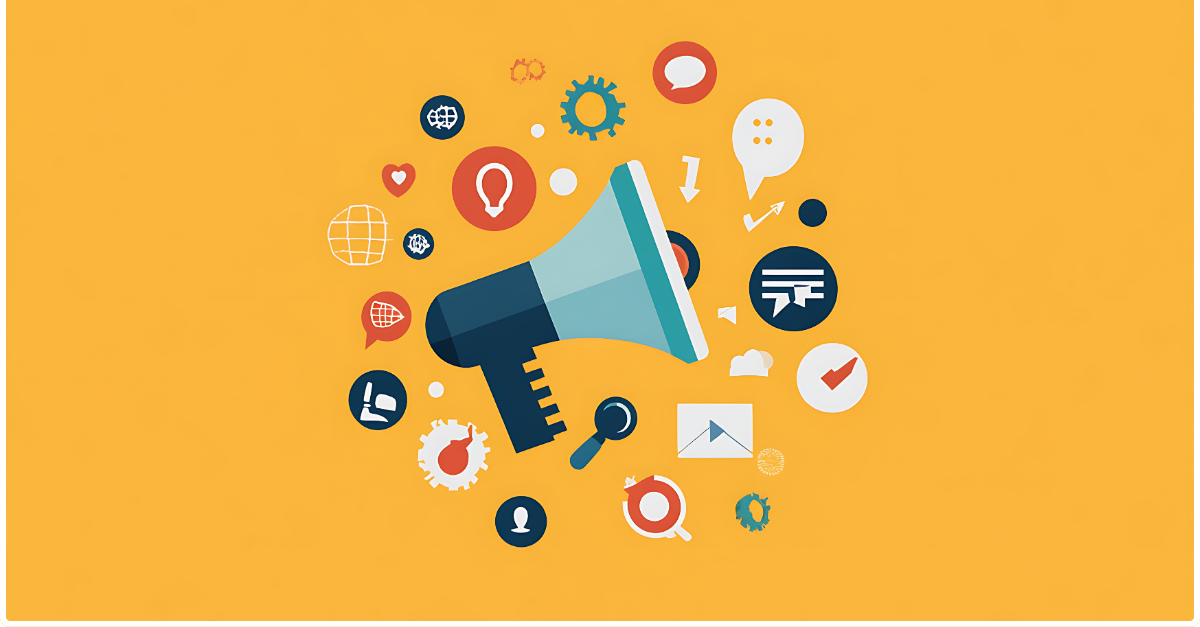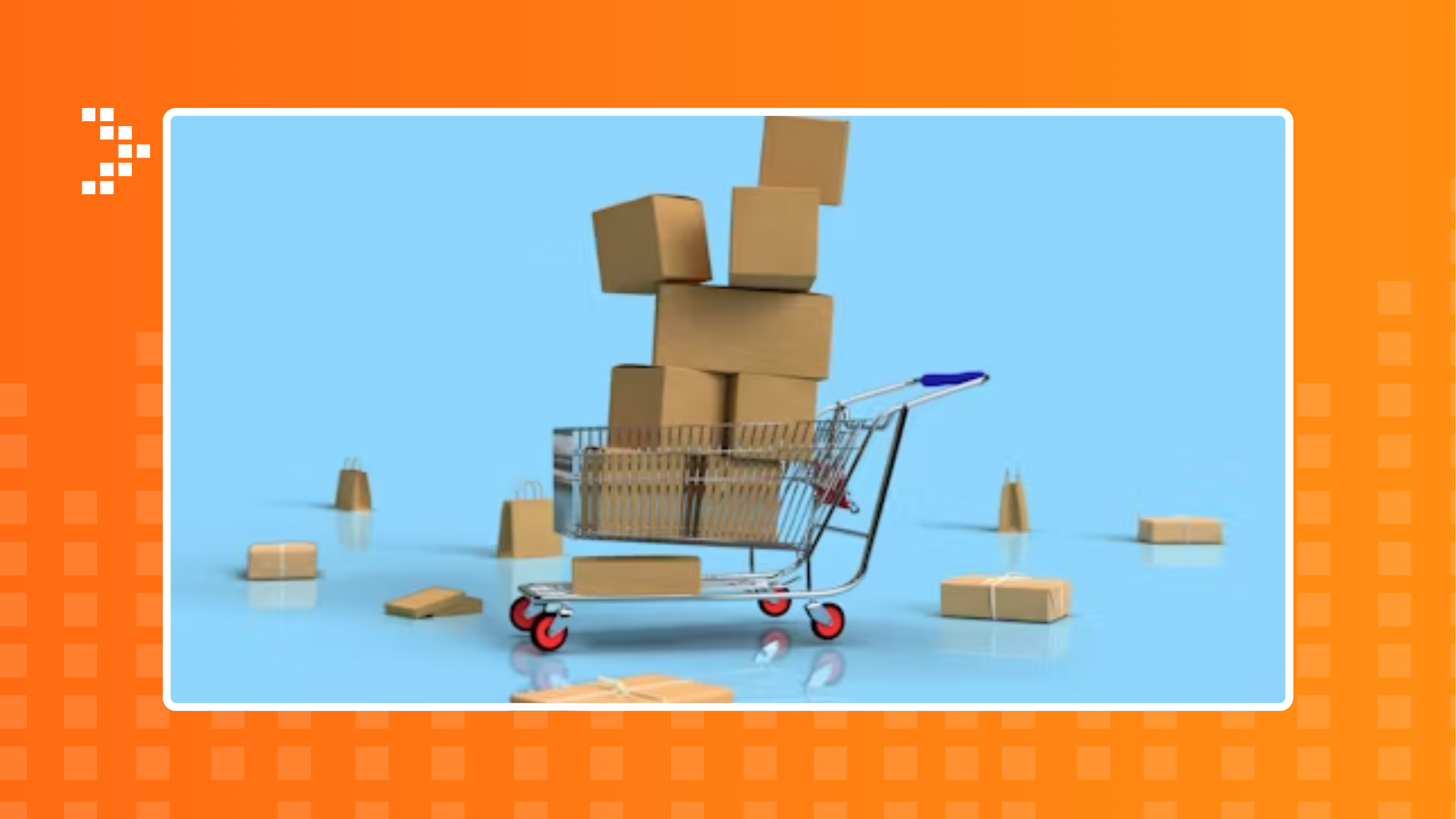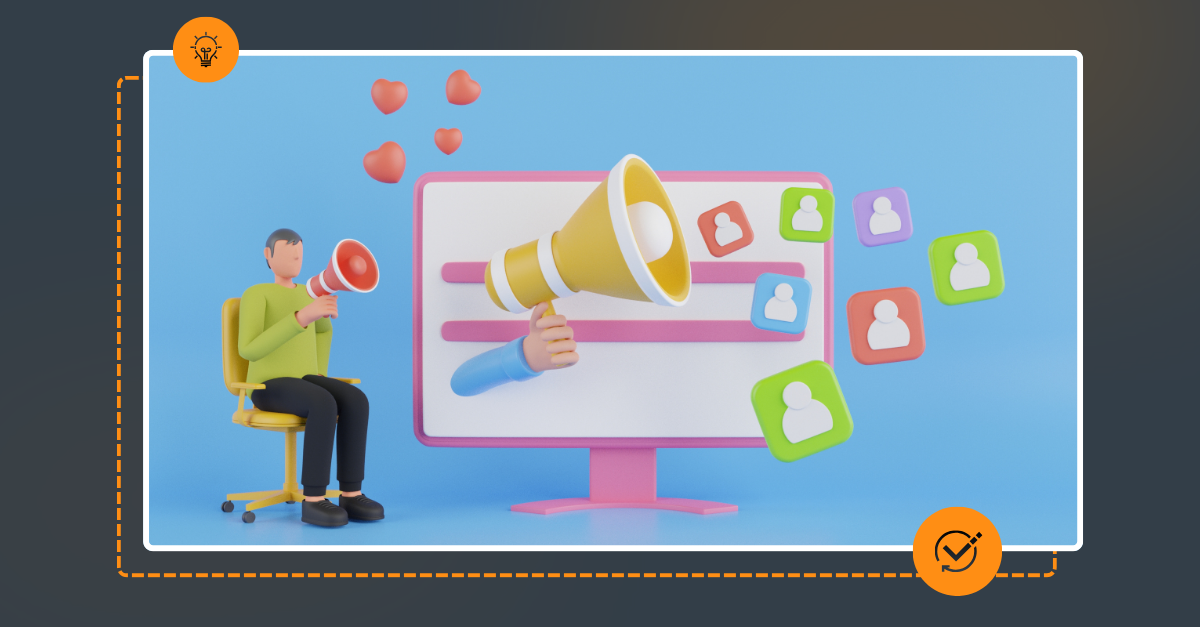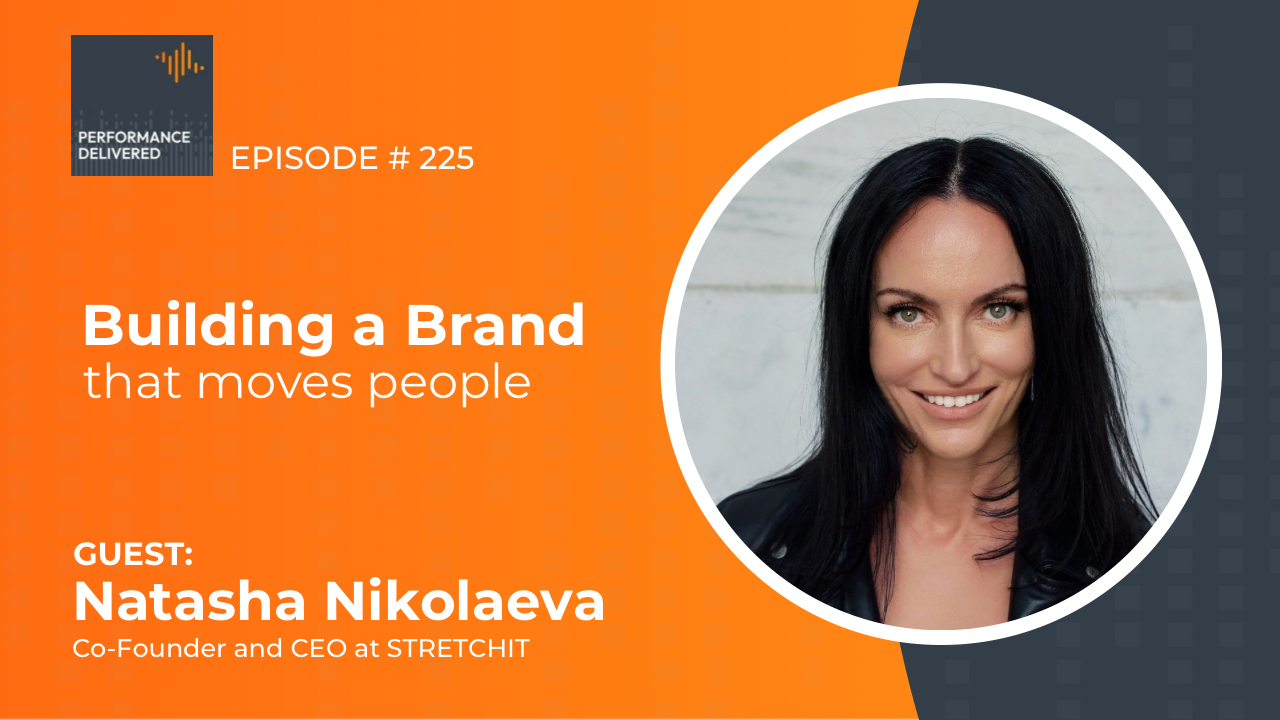If you blend in, you’re invisible.
Your brand must stand out from the noise to be relatable and to be found by your target audience.
But before you buy a single dollar of digital advertising space, you need to have a clear media delivery strategy in today’s fragmented landscape. Your time and money is valuable, so you also need to make sure you use your marketing budget wisely and efficiently.
Keep reading to learn how to choose between in-house advertising vs. hiring an agency. The right decision impacts ROI and control over your media buying and media planning.
Why Media Delivery Strategy Matters More Than Ever
Media delivery influences brand visibility, cost efficiency, and campaign performance. If you get it wrong, your efforts are wasted while competitors get an edge.
For example, you launch a 30-second video on LinkedIn talking about the mission behind your company. But perhaps a better use of your resources would have been a clever image explaining how your products or services help your target audience.
Making this potential mistake illustrates why your team must start with a media planning and buying strategy.
Here are three reasons to build a strategy before launching a campaign:
- Programmatic advertising, or the automated buying and selling of digital ad space through various platforms, continues to evolve. You must learn how to play the game on each platform.
- Audience targeting helps you boost the efficiency of your ad spend and ROI by focusing your efforts on the people most receptive to your messaging.
- Transparency is what keeps your team informed as to the best way forward with your advertising campaign. You need to see the numbers to determine how to make your ads pay off.
The Case for In-House Programmatic Media Delivery
The main advantage of in-house programmatic media delivery vs. an agency is that you maintain control over every step of the process. You can easily pass work between teams for strategy, production, and implementation. You’ll also have direct access to all data points when making informed decisions.
Visibility and Control
Keeping your digital advertising in-house leads to full transparency and alignment with brand objectives. Your brand owns all the assets without sharing them with external stakeholders.
You’ll also have faster response times. Need to alter an image? Shoot a message to the graphic designer in Slack, and it’s done in 15 minutes. Hiring an agency might mean a lead time of 24 hours or more for a change that can be done quickly.
Agility and Brand Continuity
Your team reviews the data and wants to make changes before launching the next phase of the campaign. While you’re meeting, the marketing expert makes the changes on their laptop, and you can review them before they go live. Passing these things to an agency can cause delays.
Your team understands your brand the best. Keeping things in-house leads to a consistent creative tone that creates the exact brand messaging you want to convey.
Skill Development
Building internal media expertise is a long-term investment. The more your teams learn, the better they will be when creating advertising campaigns in the future.
Limitations on In-House Delivery
There are some drawbacks to in-house delivery for your digital advertising campaigns:
- High talent costs for FTEs. Are you willing to pay a salary and benefits for a marketing expert?
- Tech investments, like content creation software, data analytics tools, and marketing management systems, can be cost-prohibitive.
- Scalability challenges due to a lack of expertise, constraints on resources, and the time it takes to hire new staff.
The Case for Programmatic Agency Media Delivery

Digital advertising agencies remain essential partners for many brands, giving your company several distinct advantages.
Expertise and Technology Access
A marketing agency has specialized knowledge across industries and tools. You’re hiring experts, and often at a cost that’s less than onboarding and training someone in-house for your team.
Finding your ideal fit might take less time than sifting through job candidates.
Buying Power
Digital media agencies often have strong vendor relationships and lower costs per thousand (CPMs). The right agency can make your investment pay off faster because they already know how various platforms work. If they’ve run hundreds or thousands of successful campaigns, they can easily fine-tune your digital advertising to meet your requirements.
Fresh Perspective
Sometimes, it takes another set of eyes to see what’s best for you. That’s why business owners have mentors and writers have editors.
A marketing agency offers objectivity by seeing your company without any internal bias. Your advertising partner can look at the data and make creative decisions based on what they see.
Cons of Agency Delivery
There are a few things to consider when deciding on the agency route:
- Gaps between your internal team and the agency’s team. Are you both aligned?
- Agency fees, particularly with high-end agencies that do above-average work.
- Potential transparency concerns, such as with deadlines, budgets, and ad spend.
Hybrid Models: The Best of Both Worlds
One emerging trend is a hybrid model. Brands keep strategy and analytics internal but outsource execution to agencies. Your team keeps all of the assets and data, but the agency does the legwork of setting up the campaign, running it, and changing any creatives.
This helps your team:
- Scale a campaign more easily by simply sending the assets to the agency, and they do the rest.
- Share ownership of the campaign by allowing certain levels of access to the agency without giving them full control (i.e., editor access vs. administrative access)
- Maintain data consistency with all parties involved. Everyone looks at the same datasets and can derive conclusions from what they see.
For example, your hybrid advertising campaign could start with your company owning the audience data. You know which campaigns resonate with various audiences. But these assets need occasional tweaks to prevent ad fatigue.
Making tweaks is where your agency partner comes into play when they manage the programmatic campaign. You send the assets and instructions to the agency, and they adjust per your wishes.
When Hybrid Works Best in the In-House vs. Agency Advantages Debate
- Budget flexibility
- Data security through account administration
- Campaign complexity with many assets and ad groups
Key Factors to Consider When Deciding on In-House vs. Agency vs. Hybrid
Look over this checklist as you decide which framework is best when choosing in-house vs. agency advantages and disadvantages:
- Budget and ROI expectations. Determine how much money you can spend on the ads and labor as well as what success looks like. Do you need one conversion a week? Five? 50?
- Access to internal talent and training resources. If your internal team has what it takes to run full-scale campaigns effectively, it might be better to keep your advertising in-house.
- Volume and complexity of media buying vs. media planning. An agency might have industry connections that get discounts when buying media. This could make the cost of hiring an agency more effective.
- Tech stack readiness. Tools cost money. A worthwhile agency partner already has the tools in place as a part of its everyday business.
- Transparency and reporting needs. Internal teams lead to better transparency and reporting because you can see their workload in real-time.
- Brand maturity and long-term goals. The lessons learned from your internal marketing team lead to valuable insights. As your company grows from these marketing efforts, you might want to hire FTEs to manage the workload and protect your brand.
What Symphonic Digital Recommends
The team at Symphonic Digital serves as a flexible, data-driven partner that bridges both worlds between in-house advertising vs. agency partnerships.
- Transparency. Our team delivers clear, actionable reports that give you the tools you need to decide how best to move forward.
- Scalable media support. Our proven tactics deliver measurable results that help stretch your budget further.
- Custom strategy alignment. We get to know your company, business goals, and marketing philosophy. Then, we execute the strategy with aplomb.
Our digital marketing strategies are crafted with deep industry insights, catering to diverse sectors. We understand that every business is unique, and our tailored approach reflects this diversity. Whether leveraging advanced analytics, refining paid and organic search strategies, or optimizing conversion rates, we build and run every campaign for peak performance.
Build a Programmatic Strategy That Fits Your Growth
Partnering with the right digital marketing agency allows you to focus on alignment and efficiency rather than choosing in-house advertising vs. agency work.
Connect with us for a strategy audit or consultation.







.png)






